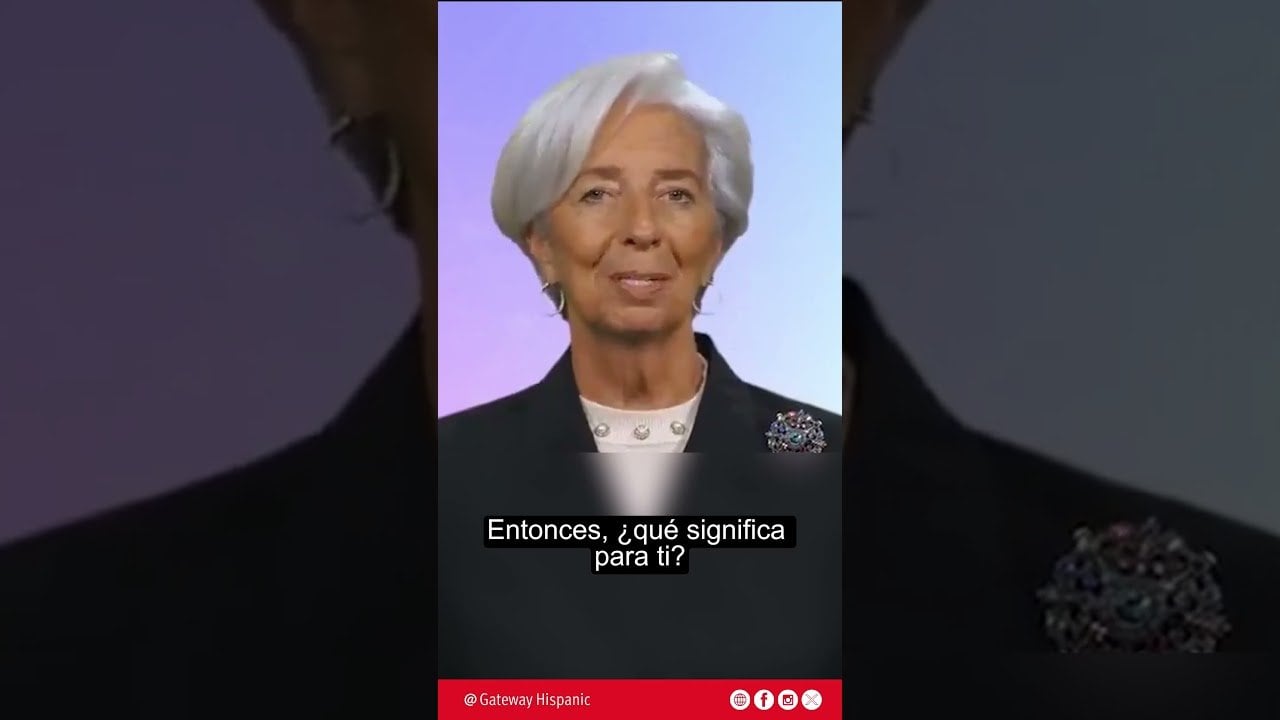The digital euro project has taken a key step forward following the approval by the Governing Council of the European Central Bank (ECB) to open the preparation phase. With this, the plan for a European digital currency ceases to be merely a concept and begins to materialize as a reality in the making. All European institutions will be involved in this process to ensure that Europe is equipped with the “currency of the future.”
The ECB has stressed that cash will not disappear: citizens will retain the possibility to choose between physical and digital money. For consumers, the digital euro is expected to be free and easy to use throughout the euro area, although its implementation will depend on the pending legislative process. In this regard, the final decision on its issuance will be made at the end of the preparation phase.
Among recent developments, the ECB has already selected providers for the project’s key components, including anti-fraud solutions, offline payments, and application development. In October 2025, the ECB signed framework agreements with companies such as Giesecke+Devrient, Nexi, and Capgemini to develop the technology that will enable payments even without an internet connection. In addition, a partnership was announced with Portuguese startup Feedzai, in collaboration with PwC, to integrate artificial intelligence systems aimed at preventing fraud in transactions.
According to Piero Cipollone, a member of the ECB’s executive board, the launch of the digital euro could take place between 2029 and 2030, provided that legislative and technical stages are successfully completed. The initiative not only seeks to provide a modern and secure alternative for European citizens but also to strengthen the continent’s financial autonomy, reducing dependence on payment systems dominated by U.S. companies such as Visa and Mastercard, as well as on dollar-linked stablecoins.
Nevertheless, the debate remains open. Some European banks have expressed reservations about the project, warning of possible implications for the financial system, though they acknowledge the potential of digital currencies as a modernization tool.
In summary, the digital euro is shaping up to be one of the most significant transformations in the history of European monetary policy. Although it still faces regulatory, technological, and social acceptance challenges.
Video Source: Social Media.















